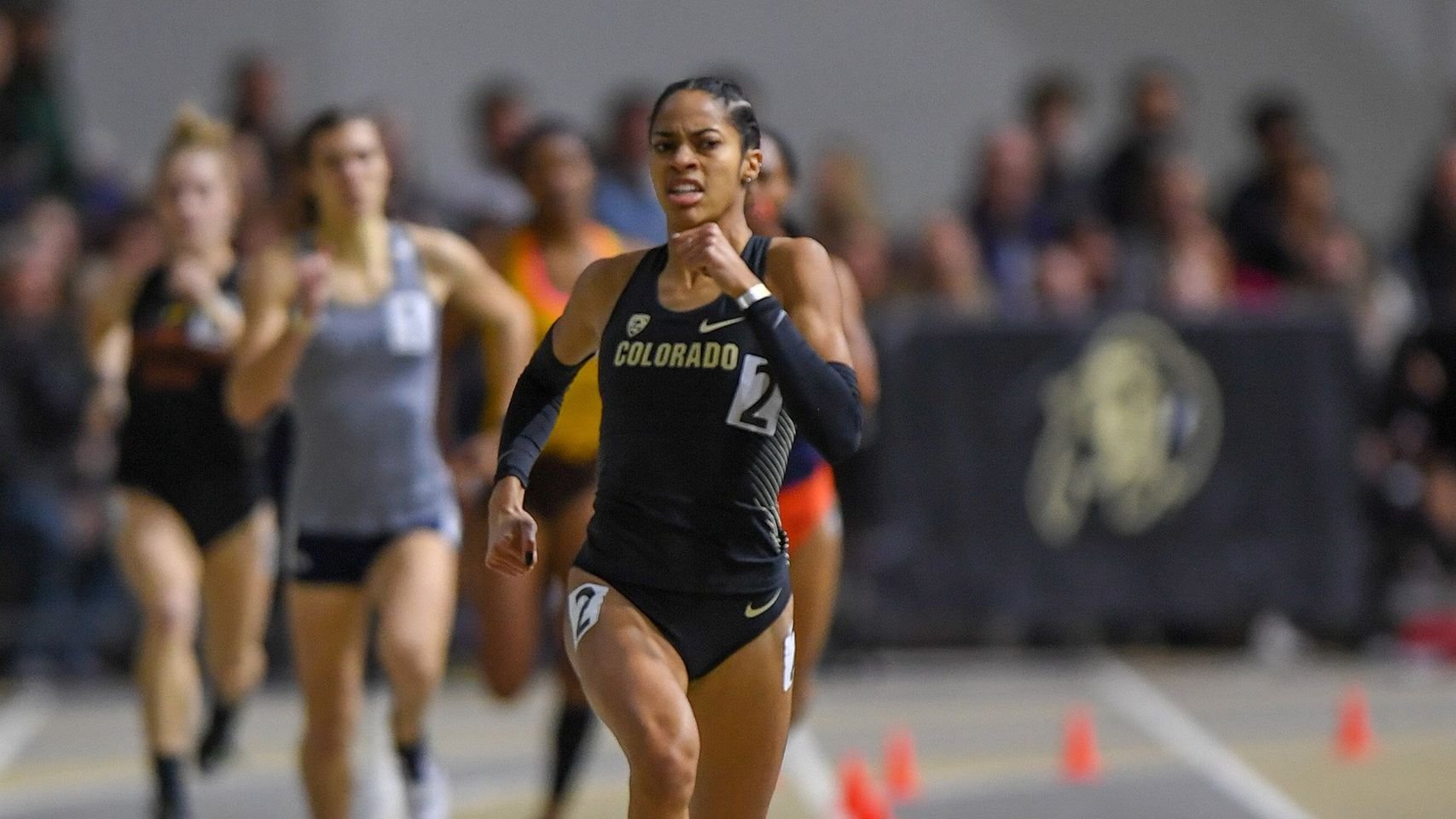5 Track and Field Recruiting Tips
College Track and Field Recruiting
By Gabby Scott - University of Colorado Track & Field
Going through the college track and field recruiting process was not easy. It seems very straightforward - you hit a time and coaches want you - but, it’s a lot more complicated than that. When it comes to getting on coaches’ radars and picking the right school, it’s important to be prepared.
1. Make a List
Make a list of the schools that you want to attend. You should have about 15 schools on your list. Trust me, you will narrow them down quicker than you think. Here are factors you should keep in mind:
You need to research the marks of current athletes to see your potential for making the team and what your immediate impact would be. Also, check to see how many athletes that are in your event will be graduating in the next year or two. If most of the team is relatively young, the chances are that the coach will not be recruiting much. Be sure to put some reach schools on your list, because you never know what a coach is looking for. You may be surprised by your best fit schools.
2. Keep the Primary Approach Short and Sweet
Your first email to a coach should be straight to the point. Introduce yourself, include your name, age, and academic year. Then you will want to list your events along with your personal bests. If possible, include a highlight video of you competing. A coach may see things they can improve on, or they may see footage of you competing and see a strength that you did not see in yourself. It is imperative to leave the best contact number for the coach to reach you at. The email will be short, but be sure that your interest in the school and program is strongly illustrated.
3. Stand Out
There are thousands of track athletes who are ranked top in the nation, so you will have to find a way to stand out. One way is to showcase your personality when communicating with the coach. You can reach out to the coach to chat about the recruiting process; this is where your character can come out. Be respectful and ask questions to show that you are interested in their program. Most importantly, do not brag about other schools that you are looking at. Shine the best light on yourself
4. Practice Financial Awareness
The financial topic is not always a pleasant one for a high school recruit, but it will need to be addressed. It is very rare to receive a full-ride scholarship in track and field. When coaches start the recruiting process, make sure you include your family in the conversation to be fully aware of what will and won’t work. Know how much help you will need before talking to a coach. You need to be honest with a coach if you need financial assistance, and he will have to know the "number." More often than not, they will be able to give you suggestions or direct you to a financial advisor at the school who can help. Be realistic, but don’t let a dollar sign make you think you’re out of the game!
5. Official Visits and Your Behavior
Official visits are a chance for recruits to see the campus and get an inside look at how the program operates. However, it’s also a chance for the coaches and potential teammates to see who you are like off the track. Be smart on your visits. Partake in the host’s activities, but understand that every choice, negative or positive, could affect your offer to that particular school. It would be best if you were yourself on the visit. Don’t feel the need to “act cool,” because this could backfire on you.
The coach will ask his team what they thought of you. Leave a good impression so that the feedback is positive, and therefore the coach wants you. Lastly, ask questions and express any concerns you may have. After all, college will be your home away from home for the next four years.
Pro Tip: Refrain from alcohol and acting out; it will get back to the coach.

